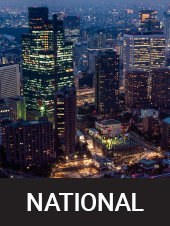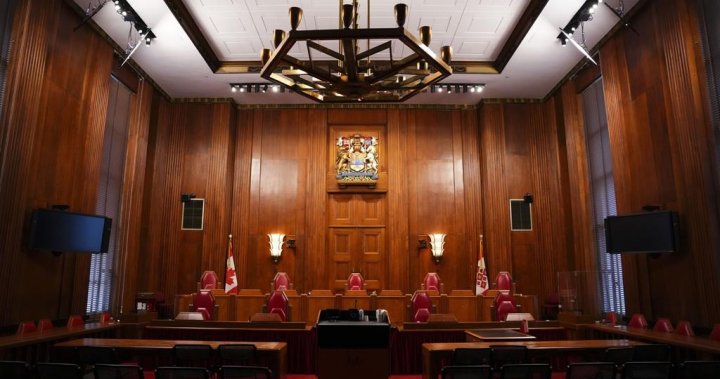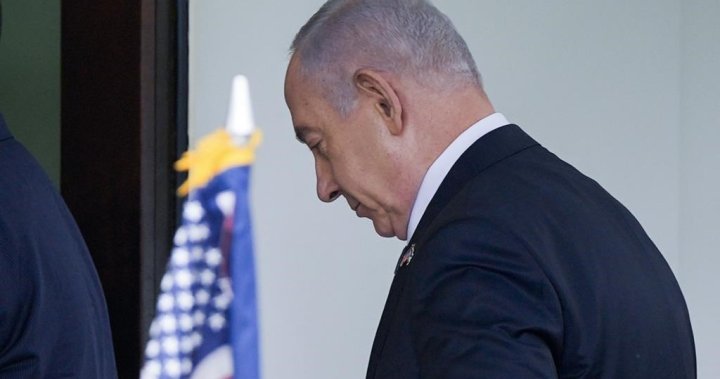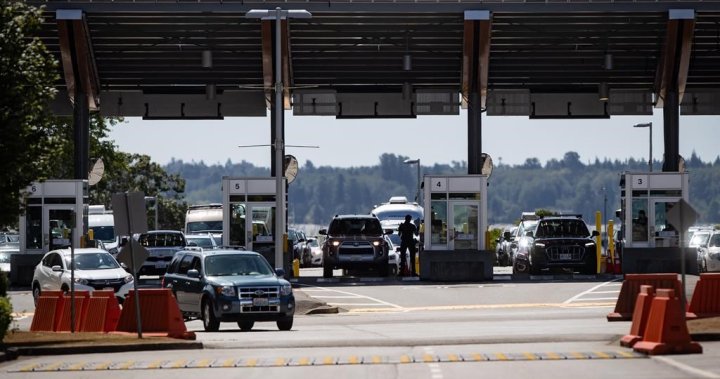The Supreme Court of Canada will go ahead and hear a challenge to Quebec’s controversial secularism law.
The decision came down on Thursday from the country’s top court and will allow the final legal battle between the Quebec government and civil rights and community groups that argue that the bill is discriminatory and unconstitutional.
Known as Bill 21, the legislation prohibits public sector workers such as teachers from wearing religious symbols while on the job.
In 2024, the Quebec Court of Appeal upheld the law that was brought to the country’s top court by groups like the National Council of Canadian Muslims, the Canadian Civil Liberties Association and the English Montreal School Board.
A joint statement from Secularism Minister Jean-François Roberge and Attorney General Simon Jolin-Barrette said, “One thing is certain, the Quebec government will fight to the end to defend the law.”
It continued on to say that “Quebecers have chosen secularism; a collective and legitimate choice that represents the culmination of decades of debate.”

Get daily National news
Get the day’s top news, political, economic, and current affairs headlines, delivered to your inbox once a day.
Amrit Kaur, a practicing Sikh teacher who left the province for British Columbia after the law was passed, told Global she felt reassured after hearing the court’s decision.
“The Supreme Court intervening and being apart of this conversation will bring a level of seriousness to it that wasn’t there before,” she said. “It will bring a level of credibility to what we have been saying for years.”
Harini Sivalingam, director of the equality program at the Canadian Civil Liberties Association, said at a press conference in Ottawa that what is at stake is whether governments can “violate our rights and freedoms” without any judicial oversight.
Bill 21 was passed in 2019 during the Coalition Avenir Québec (CAQ) government’s first mandate and pre-emptively invoked the notwithstanding clause of the Canadian Charter of Rights and Freedoms to protect the legislation from court challenges over violations of fundamental rights.
–With files from The Canadian Press






